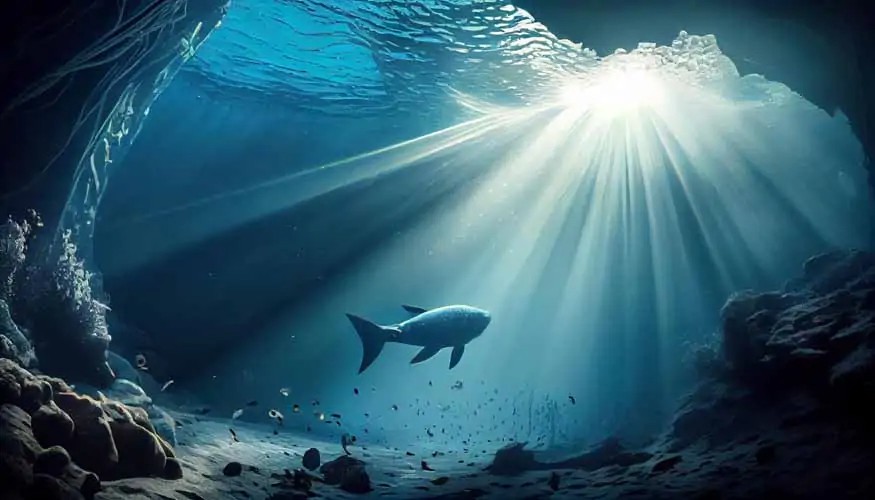- Seas produce over 50% of oxygen and absorb about 30% of CO2 produced by humans, they are also a main source of protein for billions of people, precipitating a livelihood for millions.
Earth is blue, given that over 70% of it is water. Oceans are the planet’s lungs hence are vital determinants of its sustenance.
Seas produce over 50% of oxygen and absorb about 30% of CO2 produced by humans, they are also a main source of protein for billions of people, precipitating a livelihood for millions.
Humans immensely rely on the oceans but isn’t it sad that we do not reciprocate their generosity? Why do we invest too little towards their betterment? We ought to rise above our toxic relationship with the planet, recognizing that we are the abusive spouse.
Only 10% of the oceans have been explored, yet with that tiny discovery, we have ensured the effects of our presence, such as population growth, urbanization, and intensive agriculture, have reached their very depths. The upshots include rising sea levels, marine ecosystem depletion, ocean acidification and coral reef destruction.
June 8, is recognized by the UN as World Oceans Day, since 1992. It is meant to dress the wounds we inflict on the oceans, by opening minds, igniting senses and inspiring possibilities to protect the planet’s beating heart. This movement will only be effective if there is collective input from all stakeholders.
Read More
This year’s commemoration was propelled by the theme “Awaken New Depths”, which is a call to the human race to find it in their hearts to care and maximize their appreciation for this treasure.
“Awakening new depths of understanding, compassion, collaboration and commitment to protect our ocean and all it sustains,” UN’s opening remarks for this year’s celebration read.
The state of deltas, which are born and bred of the oceans’ nutrients is a key benchmark of how the oceans are doing, health wise. These deltas have stretched a benevolent hand, sustaining agriculture, fisheries and biodiversity.
These fertile lands are however threatened by rising sea levels which could occasion flooding, erosion and saltwater intrusion.
Eman Mounir, a climate journalist covering the Middle East and North Africa (MENA) region, hinted at a not-so-bright future for the Nile Delta, given its current condition. Farmers and land owners would be at the verge of obliteration, if this faltered future became manifest.
“According to a report by the International Panel on Climate Change (IPCC), the Nile Delta is increasingly vulnerable to coastal flooding and erosion due to rising sea levels. The report highlights that approximately 650,000 acres in the northern delta are projected to be submerged by the year 2100,” she said.
Speaking on World Oceans Day, Xiye Bastida, a climate activist and executive director at Re-Earth Initiative, painted the oceans as a mystery which humans still manage to destroy.
“We are imprinting our history on water since how we leave the oceans is the mark that will define us. We need to understand who we are and what our responsibility is towards Earth’s thriving, not surviving,” she said.
On June 8, 2024, individuals expressed their concern for the ocean on X. Some of which include:
It's World Ocean Day! Did you know the oceans regulate our planet's climate, not so different from how the circulatory system regulates the human body? Pretty cool, thanks oceans! Let's protect Earth's delicate waters together.
Happy world ocean day everyone! Take the time today to appreciate the ocean and the creatures that live within it!
Let's celebrate our oceans today by raising our commitment and efforts, together with Global Leadership, in our ocean conservation initiatives. Now more than ever, we need to step up and do more to protect our marine life. Happy World Ocean's Day!




-1769677767.jpg)

